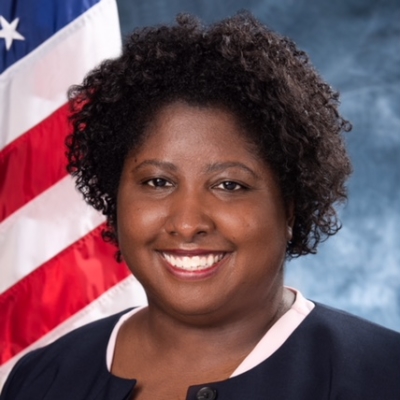Forced To Divorce: Americans With Disabilities Must Choose Marriage Or Health Care
Summary
Susan approached her husband, heart thumping, as he sat in their living room. Days earlier, on Valentine’s Day, she had been diagnosed with colon cancer. Now, her world was about to further unravel. Susan mustered up all her courage and told her husband that they needed to divorce.
Married for nearly three years, they were still in love and wanted to stay together. But to remain married would risk losing the health care Susan desperately needed. Diagnosed with rheumatoid arthritis at age 4, she has lived with chronic pain for as long as she can remember. Susan struggles to get around without a cane or power chair during flare-ups. She didn’t have private insurance at the time of her diagnosis, so Medicaid was critical for her to get the care she needed to manage her disability.
…
Following same-sex marriage legalization in 2015, Rabia Belt, a legal historian at Stanford Law School, called marriage for people with disabilities “the last marriage equality frontier.” Four years later, those regulatory barriers still haven’t been framed as a civil rights issue, says Dom Evans, a filmmaker, public speaker and activist who is multiply disabled and transgender.
Read More
